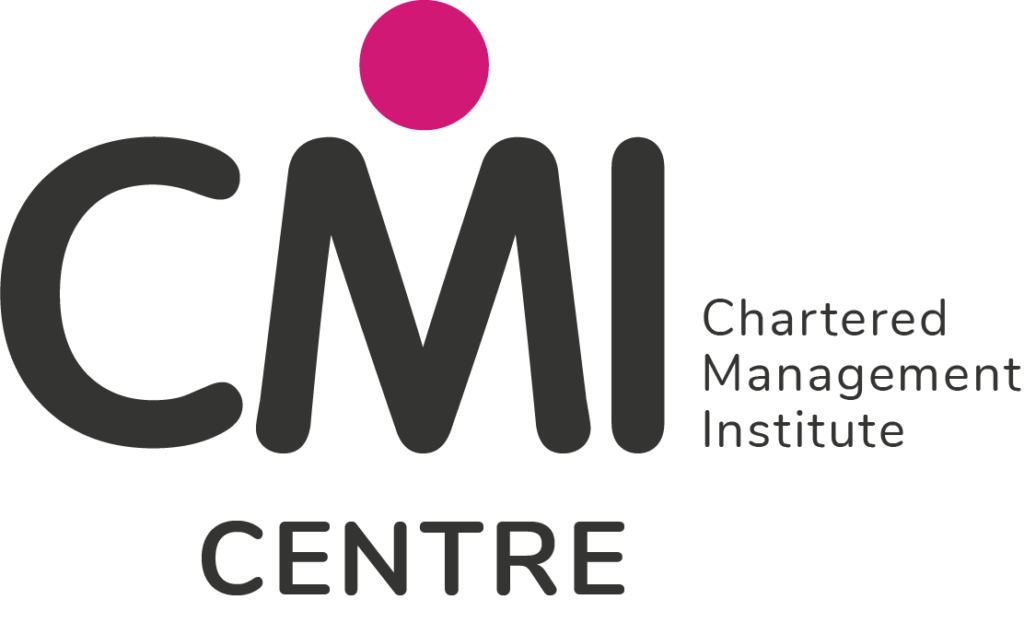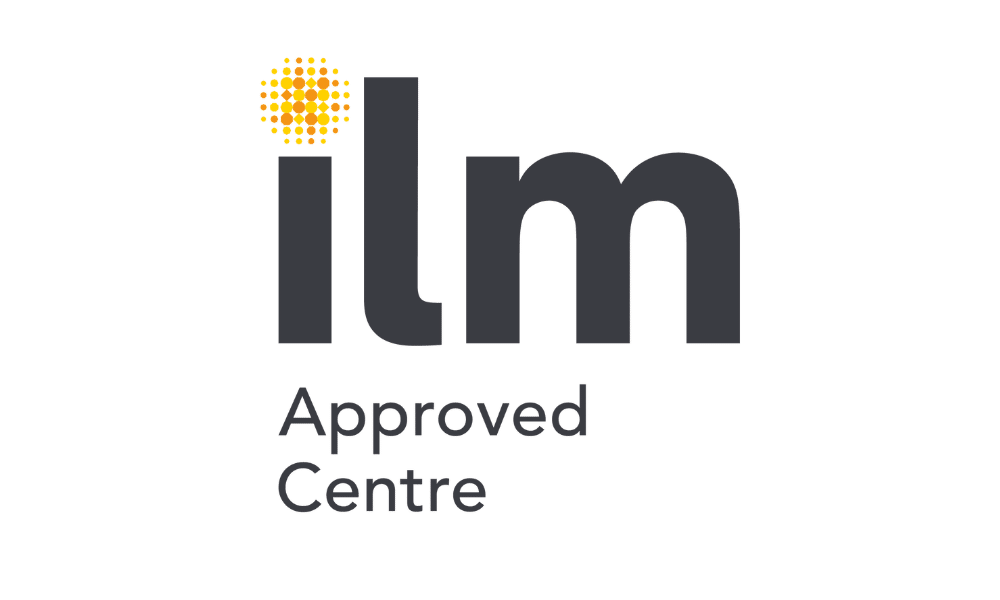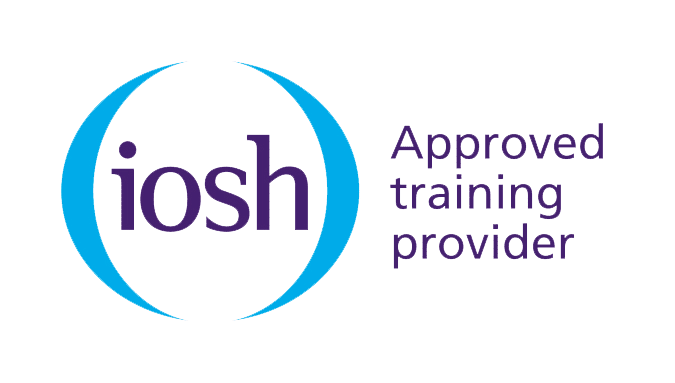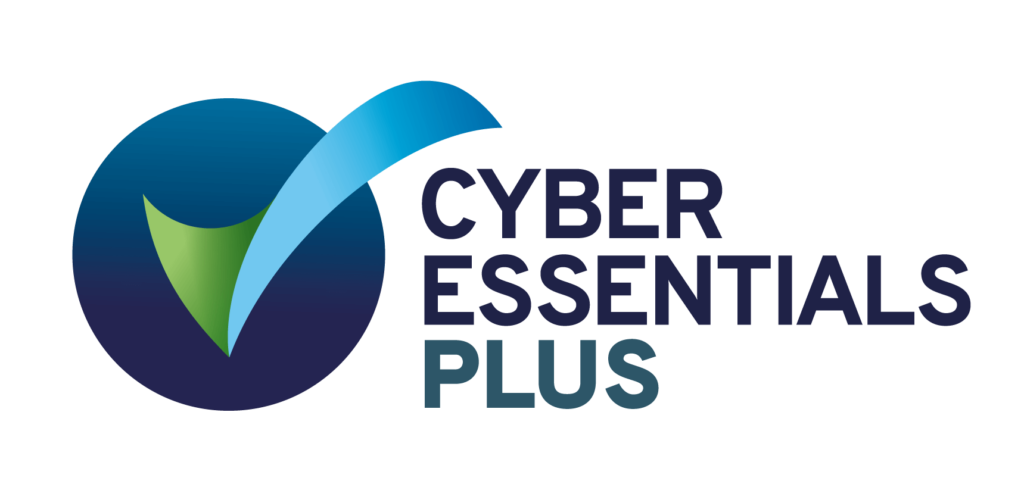It’s one thing to change an attitude or reaction you’re aware of; it’s entirely another to change something you don’t even know you’re doing. Therein lies the learning and development challenge of unconscious bias in the workplace.
Unconscious bias exists within and outside the workplace. Its impact goes well beyond clear decisions like hiring and promotion, manifesting in behaviours like body language and isolated comments that appear insignificant, but the impact of which accumulates over time.

It goes beyond the characteristics you may be thinking of: from manner of speech to clothing style; place of residence to education; piercings to tattoos, there are many traits that impact our decisions, actions and understanding about individuals in an unconscious manner.

Those are just some common examples – researchers have identified more than 150 types of unconscious cognitive bias. ¹
Unconscious bias is universal, and a tendency towards it exists because bias is rooted in the brain. If you’re human, you engage in implicit bias to some degree, whether you think you do or not.

This is important to acknowledge because it underlines that action to combat unconscious bias – whether it’s holding active training sessions or providing passive learning resources – is most effective when rolled out widely, and is not a blame game for individuals.
Unconscious bias will cost you. A culture of bias, whether perceived or real, affects company performance. For instance, a recent study from the Center for Talent Innovation measured the perception of implicit workplace bias amongst 3,750 degree-educated, ‘white-collar’ employees. Consider these findings: ² ³
• Employees at large companies who perceive bias are nearly three times as likely (20% vs. 7%) to be disengaged at work.
• Bias impacts retention. Those who perceive bias are more than three times as likely (31% vs. 10%) to say that they’re planning to leave their current jobs within the year and nearly half (48% vs. 30%) have looked for another job while on the job in the past 6 months.
• Bias impedes innovation. Those who perceive bias are more than twice as likely (34% to 13%) to say that they’ve withheld ideas and market solutions over the previous six months.
Because of this dramatic impact from something that is inherently difficult to measure or track, increasing numbers of employers have started the process of making the unconscious conscious by offering unconscious bias training to expose and combat it.
Eliesha offers pre-designed workshops, available via face-to-face or virtual delivery, ready to engage, inform and educate your workforce about sensible steps they can take to reduce their workplace bias.
Alternatively, we can design a bespoke session that is unique to your organisation and based around a subject matter expert’s understanding of your specific workforce challenges and experiences.






